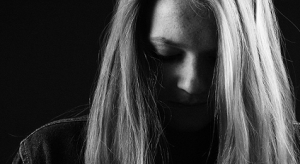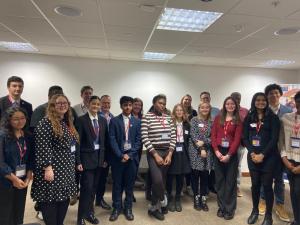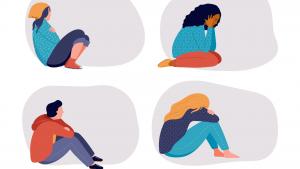Over the last week I’ve published a series of reports which give first-hand accounts of children living vulnerable lives. Measuring and assessing the scale of vulnerability among children in England is one of my key priorities and the ‘Children’s Voices’ studies are there to shine a light on the direct experiences of vulnerable children– whether that is as part of a gang, detained in a secure unit, or as in today’s report, not going to a mainstream school.
This focus on vulnerability is a long programme of work for my office – the beginning of an attempt to tackle the bewildering confusion about what we actually mean by vulnerability and how we can fill the existing data gaps that can frustrate attempts to identify vulnerable children. Ultimately, if government departments and agencies can’t agree on how many children are affected, or even how to define them, how can we identify vulnerable children and improve their lives?
Today’s ‘Children’s Voices’ report looks at findings from an evidence review of the views, perspectives and experiences of children who have been or at risk of being excluded from school and children in alternative provision.
It is striking how many of the children excluded from school or at risk of being excluded label themselves using similar terms to the children who appeared in my report on children in detention published last week. Repeatedly they describe themselves as ‘bad’ or ‘naughty’. Some also report being characterised as ‘lazy’ by teachers. A number of the children found their exclusion a positive experience – often because Alternative Provision provided an opportunity to focus on their studies with fewer distractions. There was though those who found AP restrictive – usually when they were excluded from school and put into a seclusion area.
Some young people did want to be excluded from mainstream school so that they could attend AP. Other young people feared permanent exclusion and for some that had been excluded, they wished to return to mainstream school. In some cases, AP had a positive effect on many young people’s self-esteem. Children reflected that they felt more confident about their abilities, to communicate when they do not understand and more enthusiastic about learning.
Children also reported that parental support could influence their and their peers’ attendance and performance at school. One young person explained that he now attends his AP because he lives with a family member and before this his carers just “never made me go”. Others discussed some of the challenges that they had faced in their family lives. Some of the difficulties included: bereavement; witnessing and experiencing domestic violence and abuse; living with family members with mental health issues; and family members’ involvement with the police. Similar themes appear in another Children’s Voices report I will publish soon looking at girls in secure units.
There were children, however, who did feel that their parents understood and supported them with their behaviour and their exclusion. Some young people discussed how it was their parents’ decision to move them from a school to keep them away from trouble or to give them an opportunity for a better life, in and out of school and for some the move to AP had helped their relationships at home.
It’s clear from reading their experiences that many children did feel better and calmer in AP when they feel they have more choice over the lessons they could do and the activities they could do in lessons. The overriding impression is that many of them wanted to be treated as individuals.
Today’s ‘Children’s Voices’ report comes alongside a briefing I am sending to MPs on children falling through the gaps in education. Taken together, the briefing and this report reveal some of the experiences of a group of children who are not attending mainstream schools. My briefing for MPs pulls together information and sets out what we do know from the data available to us, as well as being clear that there is much we don’t know and much more we need to know.
What all of us do know, is that missing out on a good education is bad for a child’s development and life chances. An adult who received a poor education is more likely to suffer from health problems, be unemployed and to go to prison than someone who had a good education as a child. So the social costs – and as a result the financial costs to the state – of those excluded from school are considerable. Those children excluded from mainstream education are more likely to be vulnerable, and for many it is one step along a journey that ends with adult social exclusion and troubled lives.
It’s essential then that we are clear about identifying those children who are falling through the gaps in the schools’ system, both to prevent this and to provide better protection for those to whom it happens. That will require better data and insight than we have at the moment. I hope that this briefing will be a useful starting point for setting out what we know now and what we need to find out to make progress in future.






